There is compelling evidence that Tanzania is already experiencing the negative impacts of climate change. Changes in precipitation patterns, rising temperatures, and extreme weather events pose an increasing threat to the country’s economy. Among other sector economies, the agricultural sector is at the forefront of experiencing climate change’s brutal impact. The sector’s heavy reliance on rainfall and natural resources intensifies its vulnerability and further complicates the country’s efforts to improve sector productivity. Agriculture remains a key driver of rural development employing 61 percent of the population while contributing 29 percent and 24 percent to the country’s GDP and export earnings respectively (URT 2021a, URT 2021b). The agricultural sector’s economic contribution warrants immediate action towards climate change adaptation and mitigation.
Climate change has been among the top global agendas in 2021, highlighted by the successful conclusion of the United Nations Climate Change Conference COP26 in Glasgow, Scotland, and the United Nations (UN) Food Systems Summit at the UN General Assembly in New York. Tanzania has been at the forefront in supporting the climate agenda. This is evident in a speech by Her Excellency Samia Suluhu Hassan, the President of the United Republic of Tanzania, at the United Nations General Assembly (UNGA). The President emphasized how climate change affects food security, livelihoods, and income across the globe, especially in developing countries. She pointed out the economic burden developing countries like Tanzania have to shoulder as a result of the effects of climate change, stating, “Tanzania government spends 2 to 3 percent of GDP to mitigate and build the resilience of communities, and this is a lot in a country that is still fighting against poverty”.
In line with the Global and National Agenda on Climate Change, the theme of the 8th AAPC intends to further emphasize the importance of this agenda to the Tanzanian economy.
Disclaimer: PAG reserves the right to make final determination of physical participants in Dodoma. A strict code of conduct will be put in place as we take all precautions against COVID-19
The Annual Agricultural Policy Conference (AAPC) is organized by the Policy Analysis Group (PAG) in collaboration with the Ministry of Agriculture. The PAG is an informal (community of practice) and voluntary group that consists of members working on agricultural policy projects, initiatives, academia, and local and international policy think tanks. Established in 2013, the group has about 20 members and provides a platform for sharing information on policy research findings so as to enhance coordination, collaboration and synergy. The PAG also aims at ensuring consistency in policy messaging.
The AAPC brings together over 150 participants from academia, research institutions, policy-makers, advocacy groups and development practitioners from Tanzania, in the region and beyond. The Conference provides an opportunity to assess progress in implementing policy reforms under the CAADP framework of the New Alliance on Food Security and Nutrition. In addition, the conference will discuss successes, lessons learned and identify remaining gaps, how to increase competitiveness within the alliances, and emerging issues that require attention.



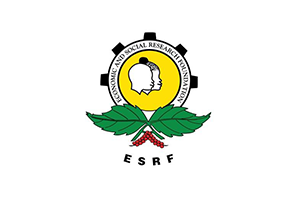


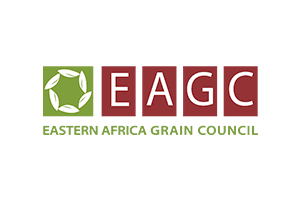
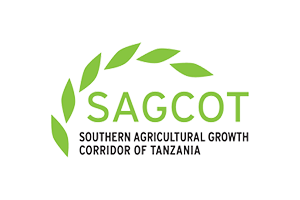







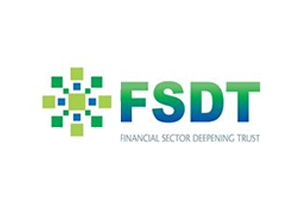



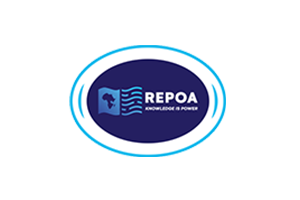
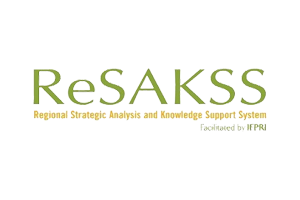
The 7th AAPC will also feature a session to share data and analysis from various members. The rationale for the session is to enable agriculture stakeholders to specify what targeted interventions and approaches should be taken to increase market competitiveness and access to capital in light of the global recession.
Also the analysis will enable further structured support towards value chains that proved to be successful during the COVID era such as spices, cereals and horticultural value chains.
As the AAPC is gradually turning into a regional and international platform, this upcoming conference will mark the launch of a digital AAPC program platform. The conference will be in a blended format and will constitute about 100 on the ground participants possibly at the Treasury Square with others joining virtually. The conference will still be in the “Davos” style in which thematic papers will be presented followed by a panel discussion before opening the session to the floor for questions and answers. All Meetings will take place in facilities that can aid virtual meetings. The technology used will have the output in high resolution format and the AAPC task force will work with virtual communication professionals with experience in managing virtual meetings and will form their own technical committee so as to build in-house capacity.
The blended format will also motivate buy-in from the donor community. Best practices from AGRA’s AGRF and also tools from the AGRF will be effected to ensure that 7th AAPC is a success.
Subscribe to receive updates relating to agricultural research & transformation in Tanzania
© 2020 ASPIRES Tanzania. All Rights Reserved.